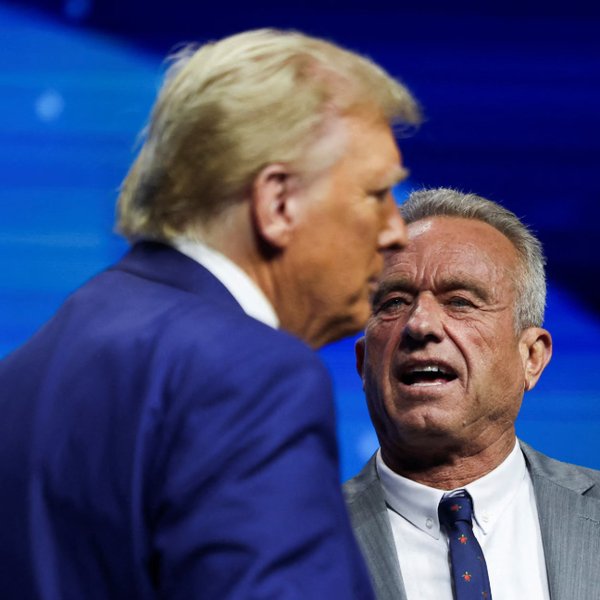
WASHINGTON (AFP) – Spying allegations and a delayed state visit have breached once-strong ties between the United States and Brazil, and only time will rebuild trust, analysts said Wednesday.
“This is a very unfortunate incident,” said Riordan Roett, director of the Latin American studies program at Johns Hopkins University.
“The U.S. government had hoped to created a much stronger relationship with Brazil, which is the most important country in the region, and clearly this is not going to happen.”
Brazilian President Dilma Rousseff’s indefinite postponement of her long-planned visit to Washington marks a clear setback in the two countries’ efforts for rapprochement.
The visit had been scheduled for October 23 but was called into question after documents leaked by the former National Security Agency intelligence contractor revealed the widespread American spying on its Brazilian ally.
Rousseff has lashed out at the “illegal” practices, saying they represent a “serious act which violates national sovereignty and is incompatible with democratic coexistence between friendly countries.”
“My sense is that there is so much anger on the Brazilian side, and confusion on the American side, it will be probably very difficult to reschedule the state visit during the remaining part of her term,” said Roett, who has authored several books on the South American giant.
“Probably the dialogue is going to be relatively frosty between Brasilia and Washington for some while to come.”
Rousseff’s four-year term ends in January 2015 but she is widely expected to run for re-election in the October 2014 vote.
Paulo Sotero, director of the Wilson Center’s Brazil Institute in Washington, noted that Rousseff had invested more effort than any of her predecessors in rebuilding relations with Washington.
Ties were often prickly under Rousseff’s predecessor and mentor Luiz Inacio Lula da Silva, who had brokered a deal with Turkey on Iran’s nuclear enrichment program.
U.S. President Barack Obama had made it a priority to improve ties with Latin America’s economic powerhouse.
“It is especially important to rebuild a climate of mutual trust that no longer exists,” Sotero told AFP.
Analysts noted that Rousseff’s postponement of the U.S. trip comes as she suffers slumping popularity after last June’s nationwide street protests.
Christopher Sabatini, senior director of policy at the Americas Society and Council of the Americas in New York, said the two leaders needed to define stages in order to restore confidence.
“The relationship is not broken, but cracked. On both sides,” he said.
“I think the key is to know exactly what Brazil wants. Is it an apology?”
Obama has ordered a review of intelligence procedures, but that will take weeks. And despite both Obama and Vice President Joe Biden speaking with Rousseff, along with Secretary of State John Kerry visiting Brazil, the Brazilian leader still chose to cancel her state visit.
Rubens Barbosa, a former Brazilian ambassador to the United States, said the two governments agreed to postpone Rousseff’s visit in the absence of the necessary “political conditions.”
Roett pointed to the Obama administration’s difficulty in getting a full grasp of the “internal dynamics” in Brazil and other countries after the hacking scandal.
“I don’t think the American government understands how negative this is for the governments on whom they are been spying internally,” he added.
“They put the political leaderships of all these countries in a very difficult position, and so far I don’t sense that the NSA, the Department of State or the White House are really fully aware of the internal dynamics in these countries.”
US-Brazil ties were “in tatters” at the end of Lula’s term, especially after he visited Iran in 2010 and negotiated a deal on Tehran’s suspect uranium enrichment.
That episode is still a “very sore point” between Brazil and the United States, according to Roett.
“But this is certainly very close to being that level,” he added in reference to the latest diplomatic crisis.
“I don’t remember in all my time in Washington when a state visit was postponed or cancelled” so close to the date it was set to take place, Roett said.
Photo Credit: AFP/Jewel Samad








